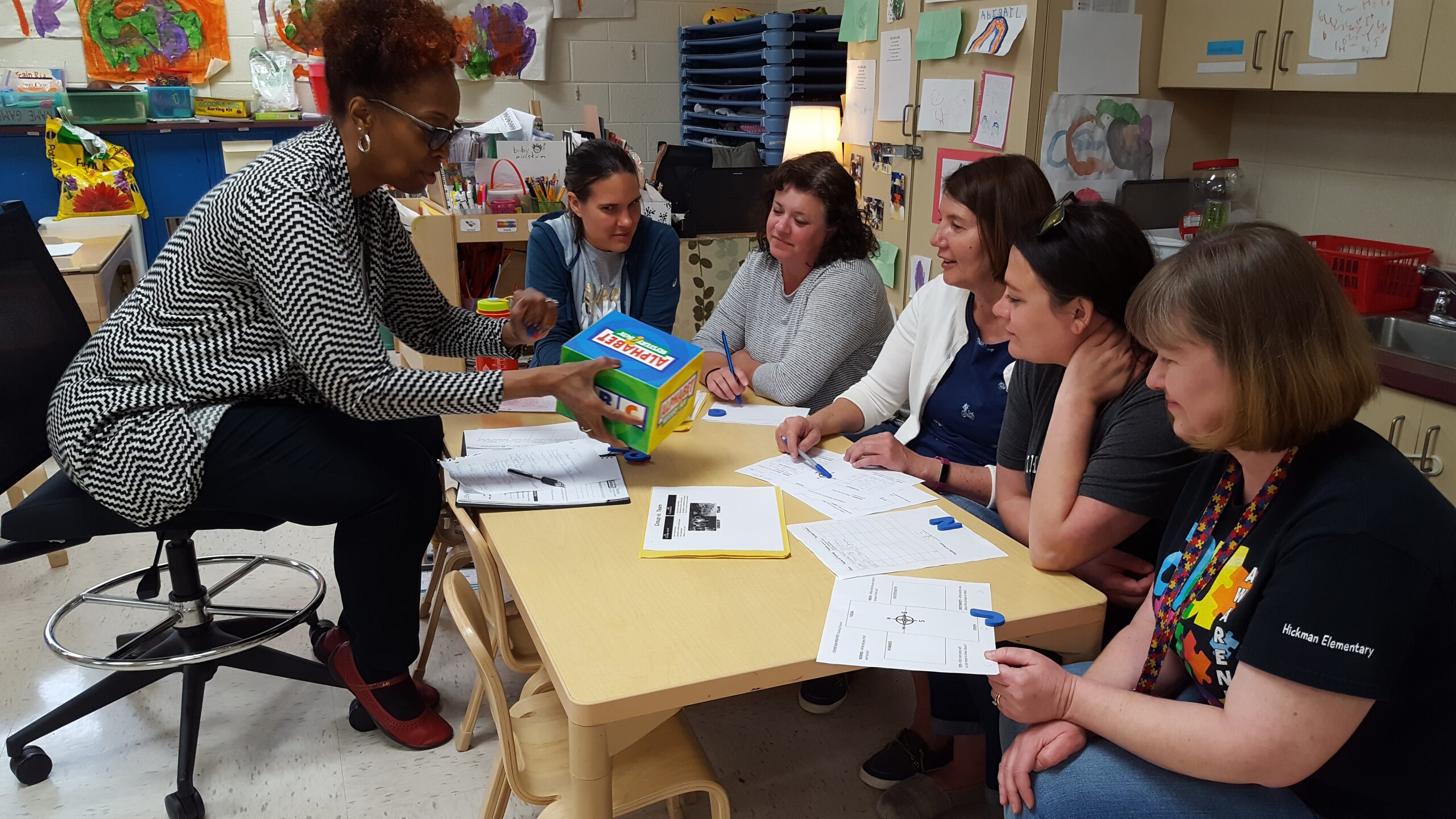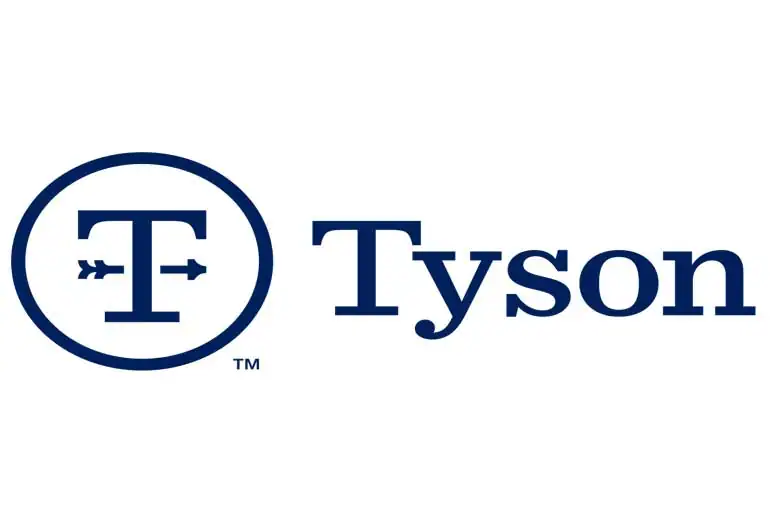March Madness is behind us for this year but boy what a season! Hats off to Virginia for staying the course and finishing strong. The season finish was a testament to hard work, perseverance, and teamwork. It was also a testament to good coaching and unrelenting practice, which offers a parallel to excellent teaching.
Tennessee has staked a claim to significantly increase the percentage of our 3rd graders who are reading, writing and doing math on grade level from approximately 37% for literacy and 40% for math to at least 75% by 2025. If any effort requires an abundance of hard work, perseverance and teamwork it is surely this one!
So far, Tennessee’s state and district leaders, principals, teachers, families, and students are stepping up to the challenge, but hard work by itself does not win championships. The people who are going to get us to the season end with a win are teachers – and as talented as they are, they still need our support.
To improve 3rd grade student outcomes, teaching in pre-k through 3rd grade must be strengthened, and on-the-job coaching is one of the most successful tools to improve teaching.
Why do teachers need coaches?
Just like athletes, teachers at all skill levels do better with good coaching. Whether a first time or veteran teacher, there are always opportunities to improve and new things to learn. And contrary to popular understanding, teaching early grades is at least equally as complex as teaching older students. That’s because early grades teachers, preK-3rd grade are expected to teach multiple content areas (literacy, language, math, science, and social studies) while also being knowledgeable about early childhood development and skilled at using instructional practices especially tailored to how young children learn. A new opportunity for Tennessee’s teachers to up their game came recently with implementation of the new Tennessee Academic Standards. Learning and adapting teaching to those new standards has been no easy task, and that learning work is still in full swing. Without training and coaching support, teachers can easily feel frustrated and alone.
Coaches play a critical role in supporting teachers, especially when they are early grades teaching experts themselves. Coaches can provide teachers with new ideas, tools and resources to tackle instructional challenges. Coaches help teachers examine, understand and prioritize standards, and align their lessons and curricular activities to those standards. Coaches also help teachers employ the most effective and developmentally-appropriate instructional practices for the age and grade they teach. A good coach serves as a trusted advisor and sounding board for teachers, providing a safe way for teachers to tackle their own unique challenges in teaching, as well as to build on teachers’ unique strengths.
What does good coaching look like in practice?
Coaches use several different types of strategies and tools to build trust with teachers and engage them in the improvement process. Coaches often observe teachers in action and provide real-time feedback on what could be improved, as well as encouragement to continue exemplar practices. Coaches model highly effective practices for teachers and/or co-teach specific lessons and activities together with teachers. A coach may also facilitate learning with a small group of grade-level teachers or cross-grade level group around a common problem of practice. This is beneficial to build capacity of all teachers in a school, together. Much like athletes, learning the rules and proper techniques is not enough, teachers must practice new methods and techniques (often many times) to truly master them.
What is the role of the school leader in a coaching initiative?
Effective principals ideally operate as teacher coaches, but in reality they are frequently pulled in many directions. As much as they want to be in classrooms guiding instructional practice, they have many other responsibilities. That is when an academic coach devoted to teacher improvement becomes critical to the success of the school.
Principals play an important role in the success of any coaching initiative. First and foremost, a principal and coach should collaborate with teachers on shared goals and progress monitoring. Principals should also block and tackle for coaches and teachers, ensuring they have what they need to succeed, such as training, materials and ample time for coaching and grade-level planning. The principal is also responsible for welcoming and integrating a coach into the school-based leadership team. This ensures trust, cohesiveness and shared goals that anchor and accelerate the coaching and capacity-building work. The principal is also responsible for evaluating and supporting coaches to ensure teachers’ needs are being met.
March Madness may be over, but in Tennessee the championship game in early education is just beginning. Who will win depends entirely on what we do to support our greatest assets – our teachers and their students.
By Lisa Wiltshire, TQEE Policy Director





